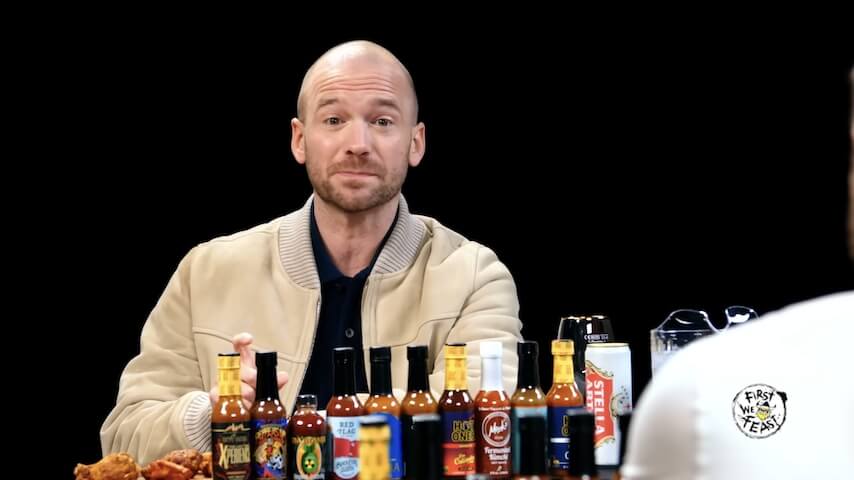Of course, YouTube’s variety of popular creators would love some of the money and acclaim afforded to artists and creatives in traditional media. Typically, though, those creators have to look outside YouTube to get it. Mr. Beast has a deal with Amazon Prime Video; the “Skibidi Toilet” guy has been working with Michael Bay. Sean Evans and his show Hot Ones has gotten a couple of Daytime Emmy nominations just from building a huge audience on YouTube. The problem is, there is no unified network or studio behind shows like Hot Ones (or Chicken Shop Date, or Good Mythical Morning, or… etc.) to do a big “For Your Consideration” push. Emmy voters skew older and aren’t necessarily familiar with YouTube shows, and YouTube “provided some public-relations support for creators who submitted themselves for Emmy awards this year but didn’t fund their campaigns,” per WSJ.
But after this year of zero Emmy noms, YouTube got serious and held a war room to plot its “seed-planting year,” according to the WSJ report. The company has identified “a list of Emmy categories that creators may be eligible for next year including Outstanding Talk Series and Outstanding Structured Reality Program.” YouTube Chief Business Officer Mary Ellen Coe said, “They do their own screenwriting, editing, production and it’s really changing the face of what independent entertainment means. … They’re independent artists and they don’t have studios advocating for them.”
There are still a lot of challenges to elevating YouTube content to mainstream status. Though it’s the most widely-viewed platform according to Nielsen, it also hosts thousands upon thousands of videos, so the audience is highly segmented. Advertisers don’t have the same guarantee of brand safety paired with a random YouTube video as on a traditional television network. Still, as long as there’s money to be made, YouTube, its creators, and its advertisers are going to keep at it. Don’t be surprised if next year you see Sean Evans at the Emmys. You can read the full piece here.


 Keep scrolling for more great stories.
Keep scrolling for more great stories.